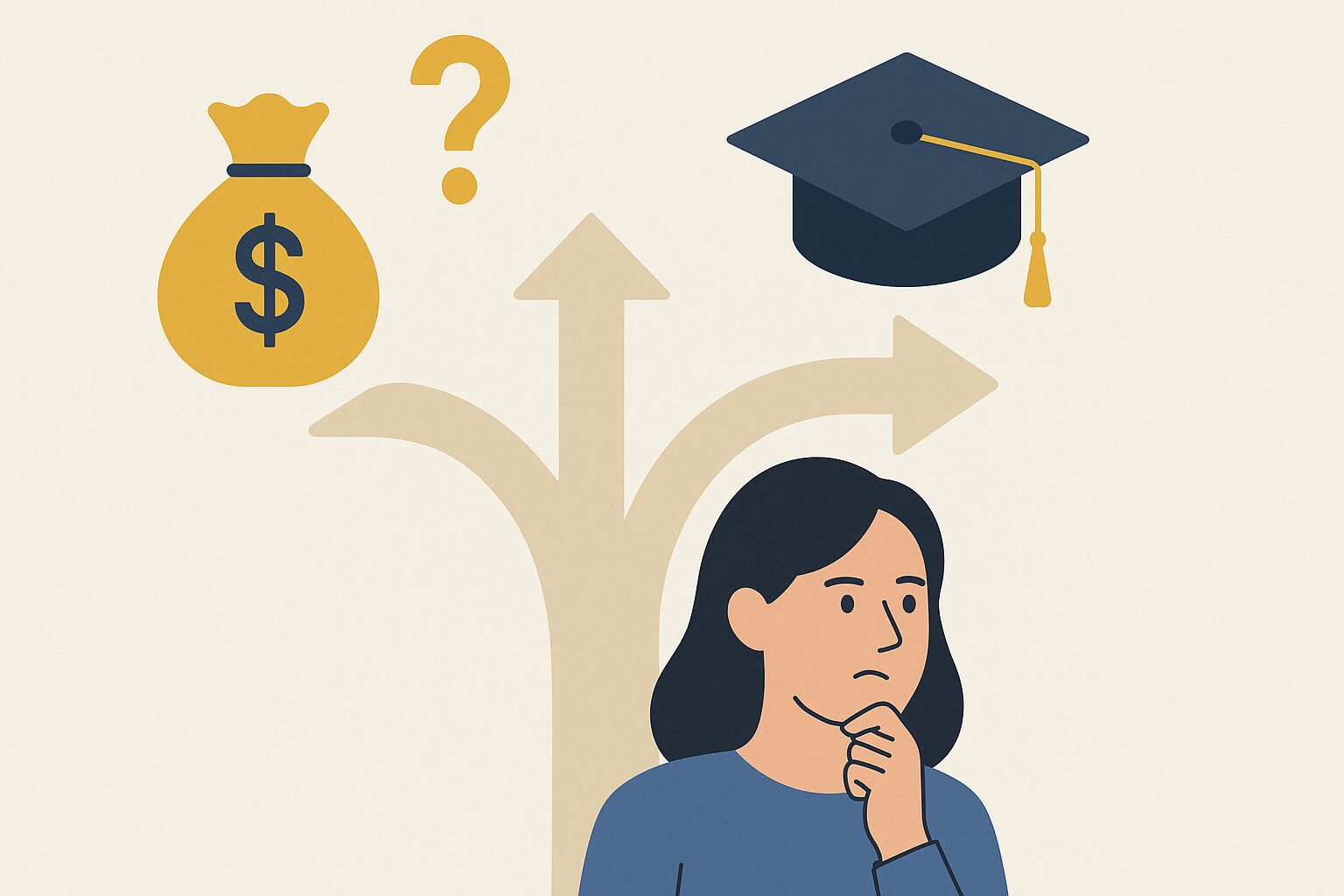-
As the Federal Grad PLUS Loan program sunsets in 2026, graduate and professional students will face an unprecedented shift: private lenders will play a much larger role in funding advanced degrees. For the first time in decades, borrowing for graduate school will depend not just on enrollment and need—but on credit strength and borrower profiles. Understanding what lenders
-
When it comes to repaying graduate or professional school loans, one of the most important choices you’ll make is how long to take to pay them off. The loan term you select — whether short or long — directly affects your total interest cost, monthly budget, and overall financial flexibility. Below we explore the pros
-
With the elimination of the Federal Grad PLUS Loan in 2026, graduate and professional students will face a new financial landscape. For the first time in decades, many will rely primarily on credit-based private loans rather than guaranteed federal borrowing. Unlike the Grad PLUS program—which approved nearly all applicants with no major derogatory credit—private lenders
-
For many graduate and professional students, borrowing is part of the equation when financing tuition and living costs. One common question is: do graduate student loans require a cosigner? The answer depends on the type of loan, your credit profile, and the lender. Federal Direct Unsubsidized Loans never require a cosigner, but many private student loans may—especially
-
Graduate and professional students face a new financial reality with the elimination of the Federal Grad PLUS Loan. Without it, the path to paying for graduate school requires more planning and a careful balance of attainable, sustainable, and adaptable funding strategies. Before signing any loan agreement, take time to walk through this checklist so your graduate funding










